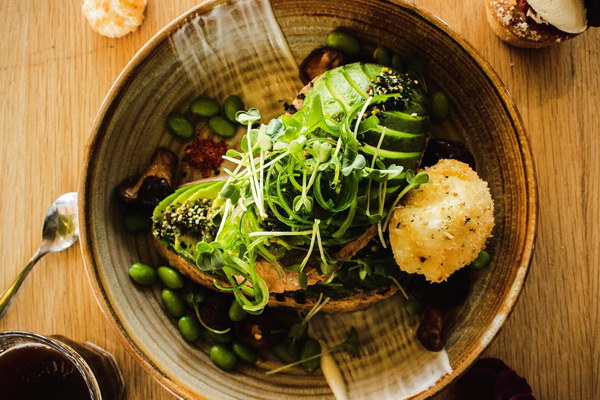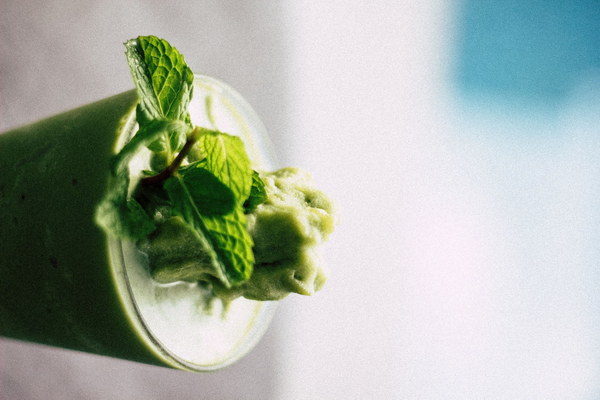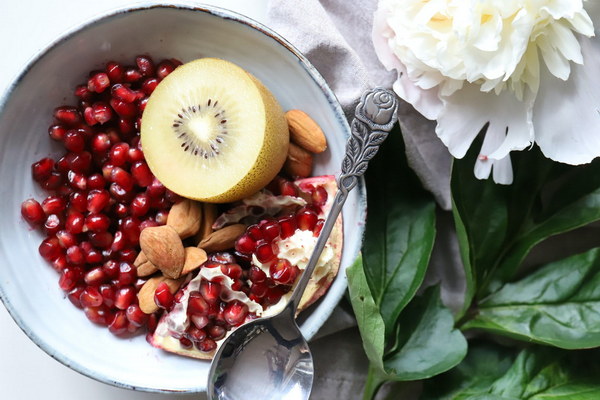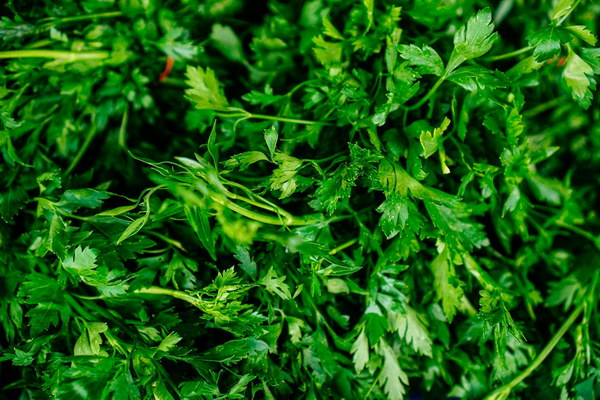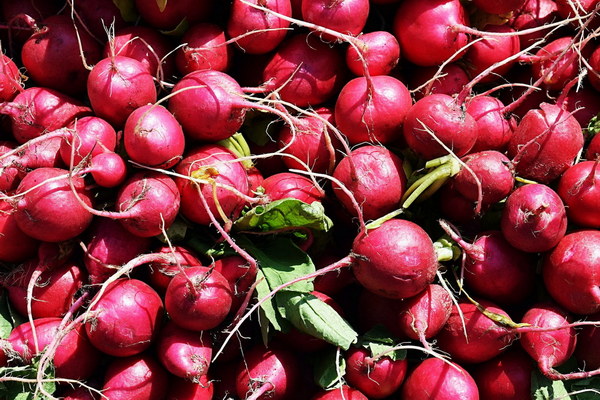Revitalize Your Lungs with this Traditional Chinese Medicine A Guide to Yin-Nourishing and Lung-Cooling Remedies
Introduction:
In the realm of traditional Chinese medicine (TCM), there is a wide array of remedies designed to address various health issues. One such common concern is the problem of yin deficiency and lung heat, which can manifest in symptoms like dry cough, sore throat, and night sweats. In this article, we will delve into the concept of yin-nourishing and lung-cooling remedies, exploring their benefits and how they can help you achieve a balanced and healthy state of being.
Understanding Yin and Yang:
In TCM, the concept of yin and yang is central to understanding health and disease. Yin represents the cool, moist, and inward aspects of the body, while yang represents the hot, dry, and outward aspects. When there is an imbalance between yin and yang, it can lead to various health problems, including the common symptoms associated with yin deficiency and lung heat.
The Significance of Yin-Nourishing and Lung-Cooling Remedies:
Yin-nourishing and lung-cooling remedies aim to restore balance to the body by addressing both the root cause of the problem and the symptoms. These remedies are typically composed of natural ingredients that have been used for centuries to nourish the yin and cool the lung heat. By doing so, they can help alleviate the common symptoms of yin deficiency and lung heat, leading to improved overall health and well-being.
Top Yin-Nourishing and Lung-Cooling Remedies:
1. Gan Cao (Licorice Root):
Gan Cao is a well-known herb in TCM, prized for its ability to nourish yin and harmonize the body. It is often used in combination with other herbs to address yin deficiency and lung heat. Gan Cao helps to relieve sore throat, cough, and night sweats by cooling the lungs and replenishing the body's yin energy.
2. Schisandra (Schisandra Chinensis):
Schisandra is a popular herb in TCM that has been used for centuries to nourish the liver and lung yin. It is particularly effective for treating dry cough, sore throat, and fatigue. Schisandra's cooling properties help to reduce lung heat and alleviate the symptoms of yin deficiency.
3. Mulberry Leaf (Morus Alba):
Mulberry leaf is another valuable herb in TCM that is known for its yin-nourishing properties. It is often used to treat dry cough, sore throat, and excessive thirst. The cooling nature of mulberry leaf helps to alleviate lung heat and replenish the body's yin energy.
4. Peony Root (Paeonia Lactiflora):
Peony root is a well-regarded herb in TCM for its ability to nourish yin and cool the blood. It is particularly useful for treating sore throat, cough, and night sweats. Peony root works by alleviating lung heat and promoting the flow of yin energy throughout the body.
5. White Peony Root (Paeonia Alba):

White peony root is similar to peony root but with a more potent cooling effect. It is often used to treat severe cases of yin deficiency and lung heat, such as chronic cough and night sweats. White peony root helps to cool the lungs and replenish the body's yin energy, leading to improved overall health.
Conclusion:
Yin-nourishing and lung-cooling remedies offer a natural and effective way to address the common symptoms of yin deficiency and lung heat. By incorporating these traditional Chinese herbs into your daily routine, you can help restore balance to your body and improve your overall health and well-being. Always consult with a qualified TCM practitioner before starting any new treatment regimen to ensure its safety and effectiveness for your specific needs.

